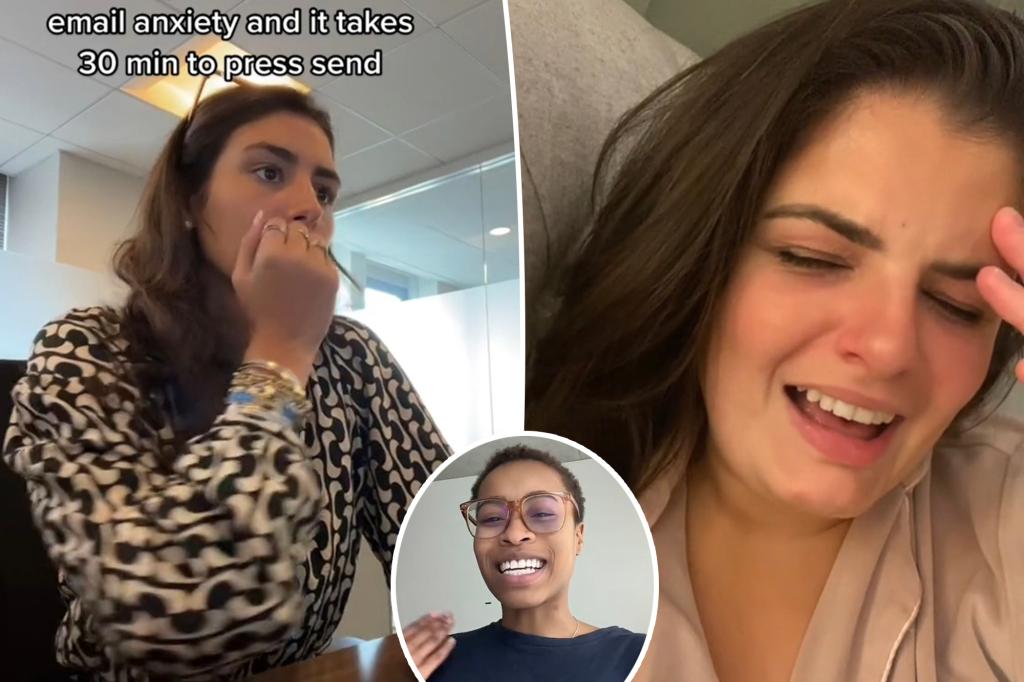The gap between generations in terms of email communication has become increasingly apparent, with Millennials and older individuals recalling a time when receiving emails instilled a sense of excitement, while Generation Z natives are overwhelmed by the stress of email correspondence. Research conducted by Babbel revealed that employees between the ages of 18 to 24 are more likely to let emails accumulate in their inbox, with over a third admitting to having over 1,000 unread emails. The pressure of responding to these emails often leads Gen Z professionals to regret their responses.
The informality of texting and social media direct messaging has shaped the communication preferences of Gen Z individuals, making the structured and formal nature of email communication feel unfamiliar and complicated to them. This discomfort with emailing is evident in the anxiety expressed by many young professionals who dread writing and responding to emails. This mental strain can contribute significantly to burnout in corporate fledglings, as Gen Z individuals struggle to establish appropriate boundaries between work and personal life.
In addition to email anxiety, Gen Z workers have a laundry list of workplace pet peeves, from connotations associated with emojis to rejecting traditional eight-hour workday schedules. The younger demographic is pushing back against existing workplace norms and expectations, demanding alternative shifts and modes of communication that align with their preferences. While this rebellious attitude can pose challenges in the workplace, experts like Esteban Touma are offering strategies to help Gen Z professionals navigate email stress and strike a healthy work-life balance.
To cope with email anxiety and manage overwhelming inboxes, Touma recommends responding to urgent messages promptly within an hour or two, and non-urgent messages within 24 hours. Setting up filters to prioritize emails by urgency, designating specific times to check and respond to messages, and unsubscribing from irrelevant email lists and newsletters are practical ways to streamline email management. By implementing these strategies, Gen Z employees can alleviate some of the stress associated with email communication and establish healthier boundaries between work and personal life. Ultimately, bridging the gap between generational attitudes towards email and adapting to new communication preferences can help create a more harmonious workplace environment for professionals of all ages.


